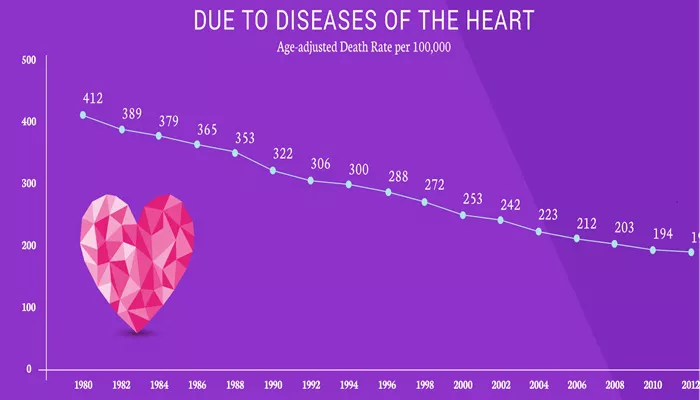A recent study from Karolinska Institutet reveals that heart failure mortality rates in Sweden have decreased significantly over the past 20 years. The findings were published in the European Journal of Heart Failure.
Despite this positive trend, the outlook for heart failure patients remains concerning. Data indicates that 25 percent of those diagnosed in 2022 died within a year of their diagnosis.
Senior author Gianluigi Savarese, an Associate Professor of Cardiology at Karolinska Institutet, noted, “Our results suggest that advancements in heart failure treatments over the last decades have led to reduced mortality rates, both at the population level and for individual patients. This is an encouraging message for the continued implementation of existing treatments, which are still underutilized, as well as for the development of new therapies.”
The study highlighted that improvements were particularly significant among patients with heart failure and reduced left ventricular function, where multiple life-prolonging treatments have emerged in recent years. In contrast, patients with heart failure and preserved left ventricular function, who have fewer evidence-based treatment options, experienced slower progress.
Felix Lindberg, the study’s first author and a postdoctoral fellow at Karolinska Institutet, emphasized the urgent need for research into new treatments for patients with preserved left ventricular function, who constitute nearly half of the heart failure population. He stated, “This study also provides hope that recent advancements in heart failure treatment can continue to enhance the quality of life and survival rates for patients in Sweden.”
Looking ahead, researchers plan to leverage the Swedish Heart Failure Registry to identify patients requiring more intensive treatment.
The study was funded by the Swedish Heart-Lung Foundation, and the researchers reported no conflicts of interest.
Related topics:


